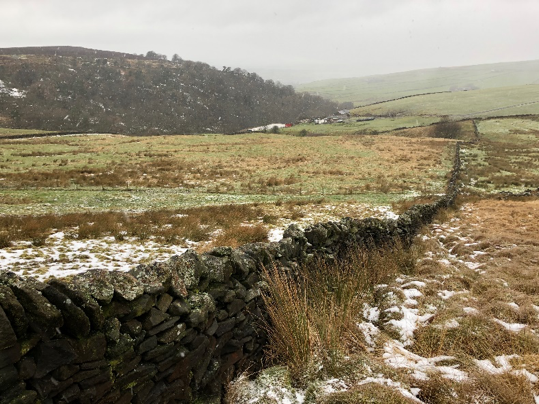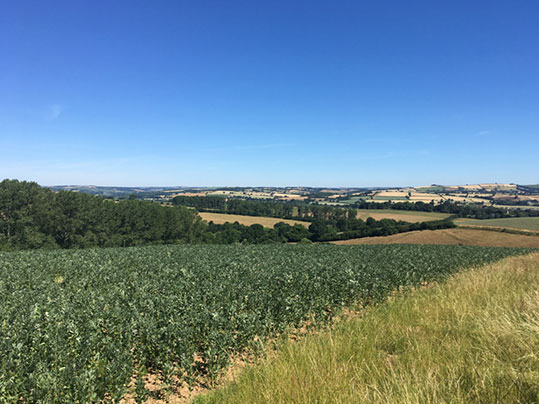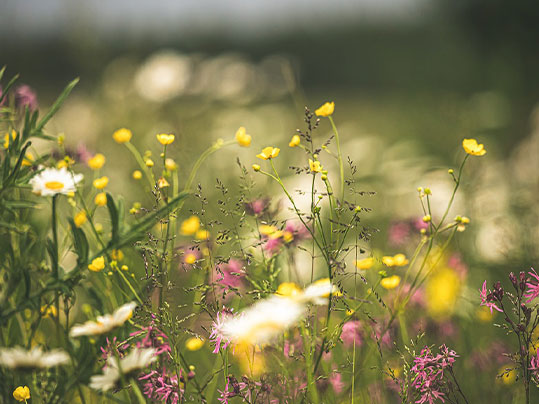Field work
The Fieldwork Research Network takes as its frame the archetypal feature of agricultural landscapes: the field. An icon of human-land interactions, fields epitomise the imagined rural landscape in the UK.
Fields further signify the ongoing labour that landscape cultivation demands and the forms of land ownership that field enclosure represents. Based in Devon, an English country synonymous with agricultural field landscapes, our network will bring together arts and humanities researchers, artists, farmers and estate managers, to consider the aesthetics, histories, politics and possible futures of the field.
Principal Investigator Katharine Earnshaw introduces the project in this short video
The network takes its initial cues from approaches to landscape from Classics and Cultural Geography. We will utilise a Latin philosophical didactic poem on agriculture, Virgil’s Georgics, considering how a classical framework of agricultural ethics has informed, and could yet inform, understandings of land stewardship.
Thinking creatively through classical agricultural philosophy will help disrupt the possibility that received opinions about environment and landscape are traded amongst participants. The Georgics thus becomes a starting-point: a model to refine – but not define – ethical approaches to the field. We will also draw upon embodied approaches to narrative and landscape interaction developed in Cultural Geography and art practice, by engaging with research-in-practice. We are thus interested in the ways different scholarly traditions and methodologies intersect: how textual knowledge informs field experience and vice versa, and how this combination might point towards new articulations of the cultural values of field landscapes.
Key Questions:
- How can we develop more cross-disciplinary and temporally-sensitive accounts of culture and heritage in the creation of landscape values?
- What are the roles of text and experience in the creation of agricultural ethics?
- How can textual and embodied research together uncover a more nuanced perspective on cultural ecosystems services with respect to agricultural landscapes?
- How can social values in relation to agricultural landscapes be discovered together through art and practice?
We will address these questions through a series of network activities. These will include on-site discussions with farmers and estate managers, collaborative work with Devon-based professional fine artists, and workshops involving researchers from the arts and humanities. We will also engage wider public audiences through articles and exhibitions at agricultural shows.



